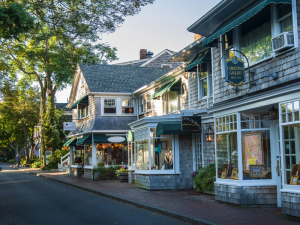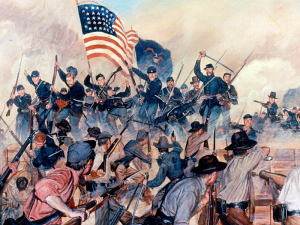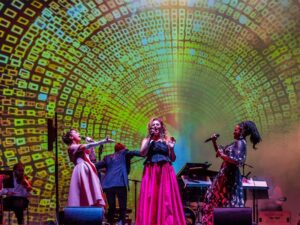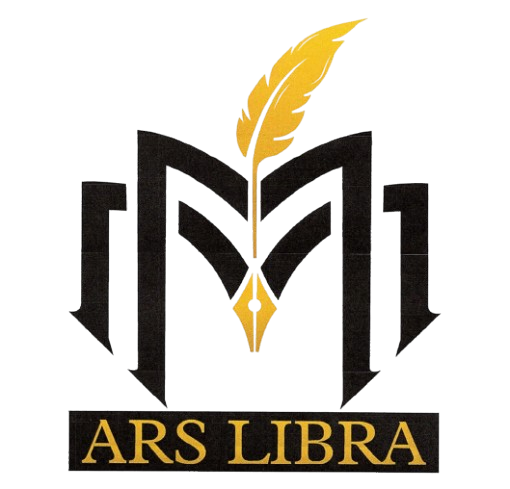The history of the LGBTQ community in America is a story of resilience, courage, and transformation. Through nonfiction books, readers can explore the struggles and triumphs that shaped generations of individuals who dared to live authentically. These works not only document historical milestones but also celebrate voices that were once silenced. In a culture often defined by change, nonfiction books about LGBTQ life provide clarity, connection, and inspiration.
Just as books about LGBTQ history in America open our eyes to the evolution of identity and activism, nonfiction books bring humanity to these journeys turning history into a living, breathing story.
Why Nonfiction Books Matter for LGBTQ History
The best nonfiction books do more than recount events they illuminate truths that redefine how we see the world. When it comes to books about LGBTQ history in America, they serve as mirrors and windows: mirrors that reflect our shared humanity, and windows into experiences too long ignored.
From the Stonewall uprising to marriage equality, these stories remind readers that progress has always been fuelled by bravery and self-expression. Each page in these nonfiction books carries the echo of those who fought to be seen, loved, and understood.
More than academic studies, these narratives humanize history, reminding us that every movement begins with people artists, teachers, writers, and everyday citizens whose acts of courage changed society forever.
Powerful Nonfiction Books That Illuminate LGBTQ History
There is an expanding collection of nonfiction books that bring LGBTQ stories to life, making history accessible and deeply moving. Titles like The Gay Revolution by Lillian Faderman and Stonewall: The Riots That Sparked the Gay Revolution by David Carter offer vivid accounts of landmark moments.
Other books about LGBTQ history in America, such as The Deviant’s War by Eric Cervini, trace the early activism of Frank Kameny, one of the first government employees to challenge discrimination openly. These nonfiction books delve into the complexity of identity and resistance, showing that the fight for equality was not just political it was profoundly personal.
Meanwhile, When We Rise by Cleve Jones offers a firsthand look at the AIDS crisis and the enduring spirit of community, reminding us that storytelling is a form of survival.
The Emotional Power of Nonfiction Books
What sets nonfiction books apart is their ability to evoke empathy. They allow readers to feel the fear, hope, and triumph of those who lived these histories. In books about LGBTQ history in America, readers can witness the evolution of a movement from invisibility to celebration through the lives of real people who loved and lost, yet continued to dream.
Each narrative becomes a bridge between generations, connecting those who fought for acceptance with those who now benefit from their courage. These nonfiction books remind us that freedom was never freely given it was demanded, earned, and lived with unshakable conviction.
A Cultural Lens: Nonfiction Books as Social Mirrors
Many nonfiction books not only recount LGBTQ history but also examine its cultural impact. They highlight how art, literature, and politics intersected to shape public perception. Works exploring Provincetown’s creative spirit, for instance, show how places can nurture belonging and expression.
Marcene Marcoux, Ph.D. author of Provincetown: A Unique Sense of Place captures the idea that storytelling itself is an act of preservation. Her exploration of community and identity parallels the essence of books about LGBTQ history in America: both celebrate the ways people find voice and meaning in the face of difference.
Through such nonfiction books, we are reminded that every struggle for recognition carries with it beauty, creativity, and quiet strength.
Nonfiction Books That Inspire Reflection and Change
The power of nonfiction books lies in their truth. They invite readers to confront uncomfortable realities while celebrating human endurance. Titles exploring LGBTQ rights are not just history lessons they are blueprints for compassion and justice.
These books about LGBTQ history in America challenge stereotypes, educate new generations, and ignite empathy across communities. From memoirs to investigative histories, they preserve the collective memory of a movement that continues to shape our nation.
Why You Should Read More Nonfiction Books About LGBTQ History
Reading nonfiction books about LGBTQ history is more than an academic exercise it’s a moral one. It invites readers to witness bravery, understand struggle, and appreciate the ongoing journey toward equality.
When we engage with these books about LGBTQ history in America, we do more than learn we listen. We stand with those who came before us and commit to ensuring their stories are never forgotten.
Each nonfiction book becomes a thread in a larger tapestry of love, justice, and human dignity. Whether you are discovering these histories for the first time or returning to them with new perspective, these works offer timeless lessons in empathy and hope.
Marcene Marcoux is captivated by the intriguing and the unusual, finding fascination in the strange. A cultural anthropologist and lifelong writer, she explores how place, memory, and identity shape the human spirit. Her love for Provincetown where culture, nature, and creativity meet deeply influences her writing.
Through her work, Marcoux reminds readers that every story, like the sea, holds infinite depths.








